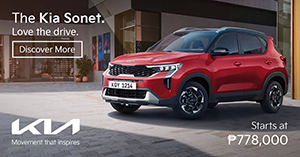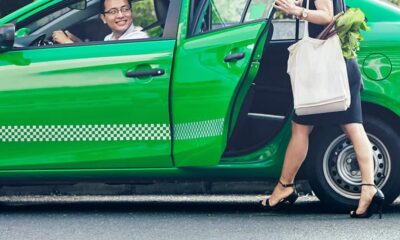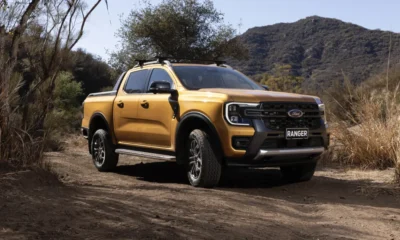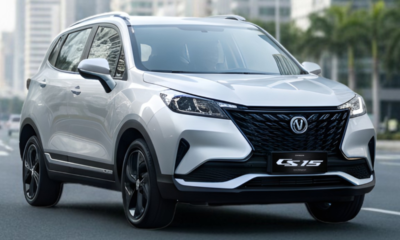Industry News
Jaguar Hits the Brakes
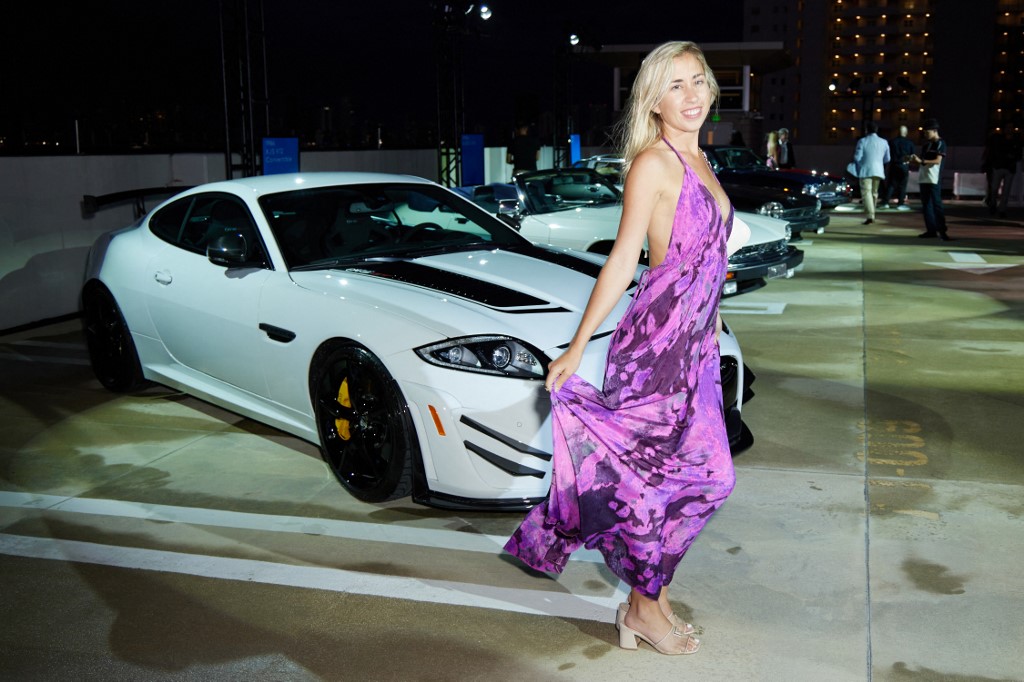
Jaguar, one of Britain’s most famous car brands, has seen its European sales plunge by 97.5% in April 2025, from 1,961 cars sold the previous year to just 49. Year-to-date sales through April were down 75%, totaling 2,665 vehicles. Globally, Jaguar’s annual volume has fallen about 85% over the past seven years, from 180,000 units in 2018 to roughly 27,000 in 2024–25.
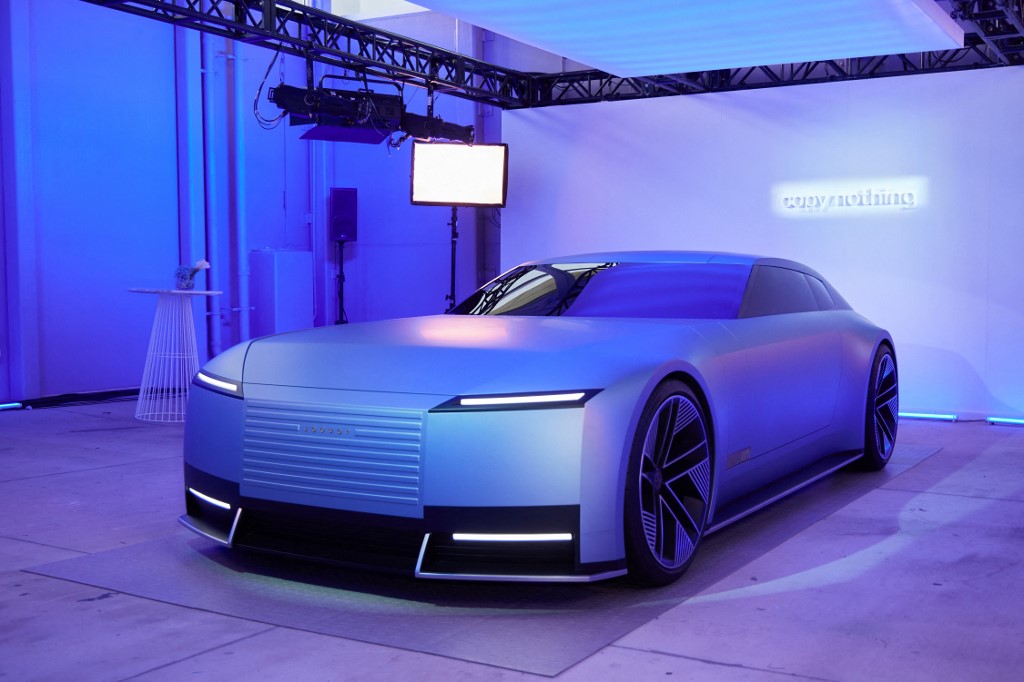
While the numbers look alarming, the collapse is mostly by design. Jaguar stopped building almost all its models in late 2024 as part of a complete brand overhaul. Six models, the XE and XF sedans, F-Type sports car, and the E-Pace and I-Pace SUVs, were discontinued. Only the F-Pace SUV remains in production as a temporary stopgap. Many dealerships now have fewer than 10 new cars in stock; some have none at all.
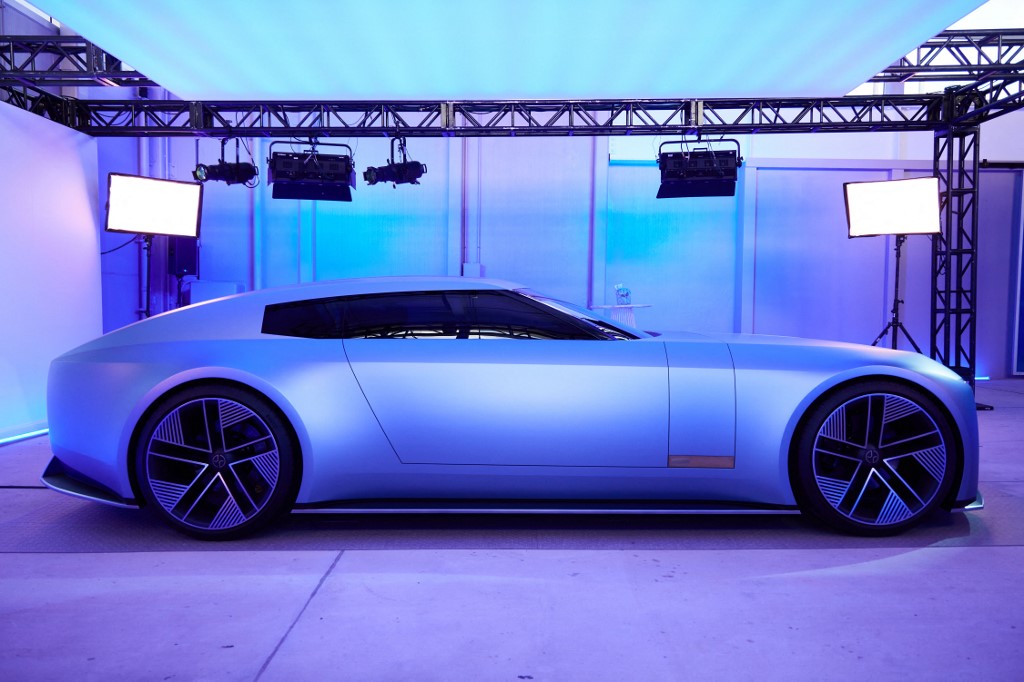
Jaguar’s leadership calls this a “firebreak”, a pause before launching a completely new, all-electric lineup. The first of these, a four-door GT expected to cost around $200,000, will debut in late 2025. The company plans to reposition itself as an ultra-luxury EV brand, targeting fewer than 50,000 sales a year but at far higher prices.
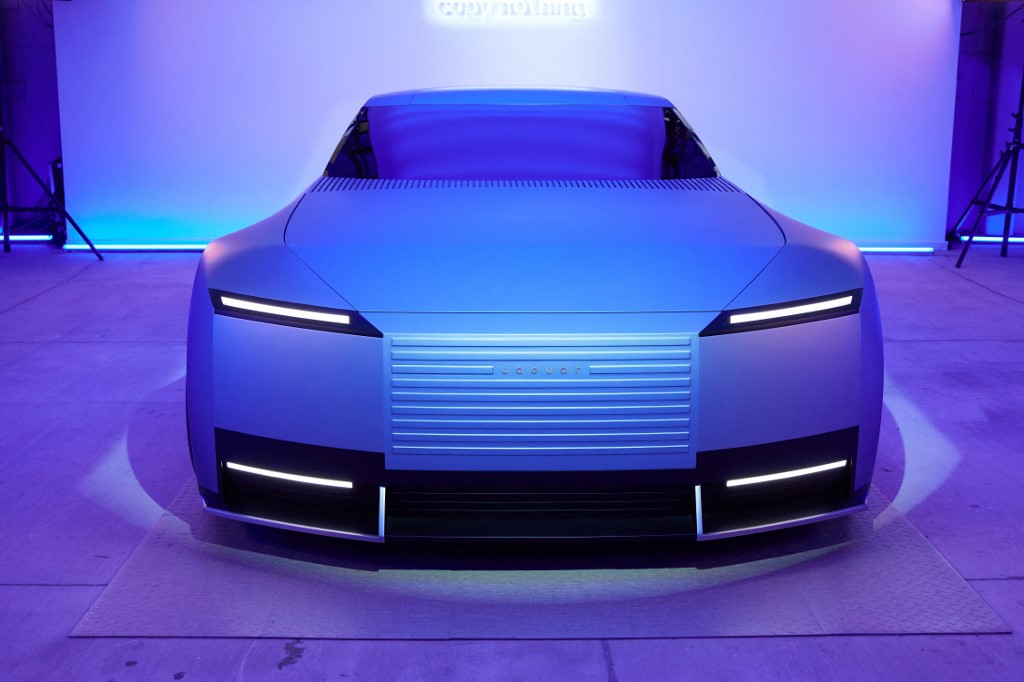
A Rebrand Without Cars
The sales pause coincided with a bold but divisive marketing campaign launched in November 2024 under the slogan “Copy Nothing.” Ads featured fashion models in surreal settings, but no cars, and replaced the famous leaping cat logo with a minimalist “J” monogram. The aim was to attract younger, style-conscious buyers, but many longtime fans were alienated. Social media reactions ranged from puzzled to openly mocking, with some critics calling the campaign pretentious or “woke.”
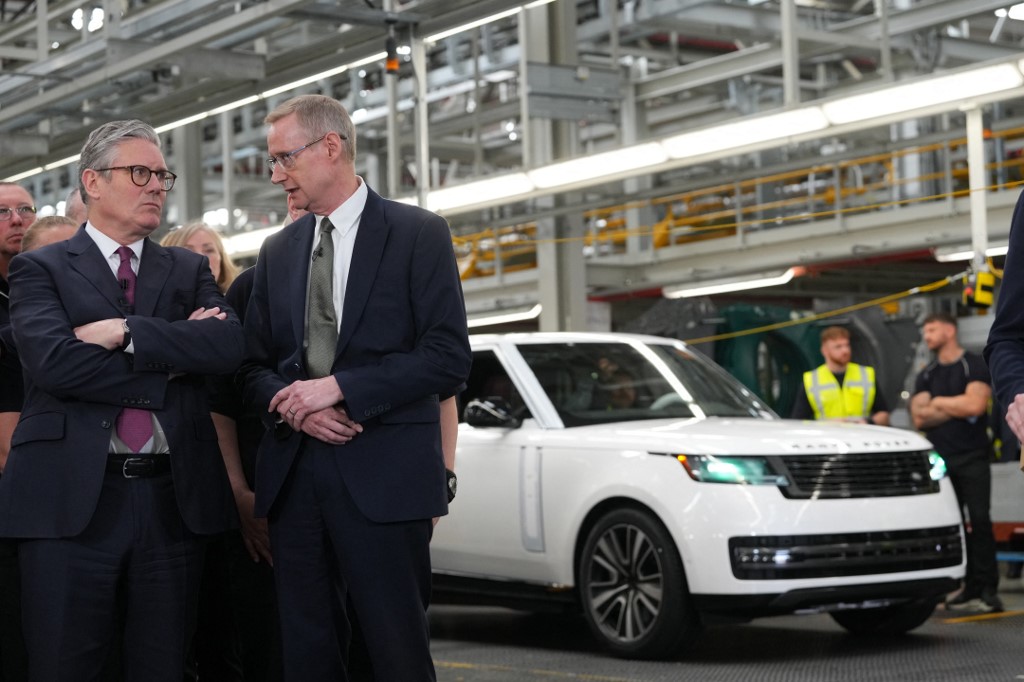
Tesla CEO Elon Musk joined in the ribbing, asking on X, “Do you sell cars?” British pundits predicted the brand’s downfall, while tabloids ran headlines about Jaguar’s “men in skirts” ads. In May 2025, Jaguar ended its contract with ad agency Accenture Song, months earlier than planned, and promised to bring back more heritage cues in future campaigns.
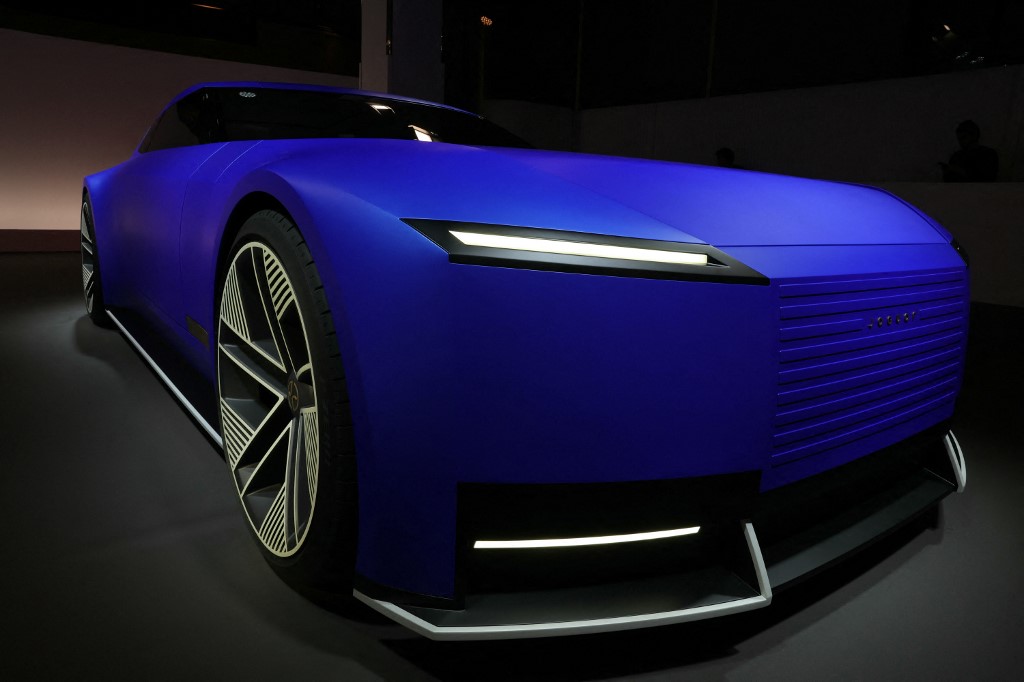
Betting the Brand on EVs
Jaguar Land Rover’s “Reimagine” plan, announced in 2021, calls for Jaguar to go all-electric by 2025 and move upmarket to compete with ultra-luxury marques. Future models will ride on a bespoke Jaguar Electrified Architecture (JEA) platform and be priced well over £100,000. The company says the strategy is a “do-or-die” move after years of declining sales and thin profits.
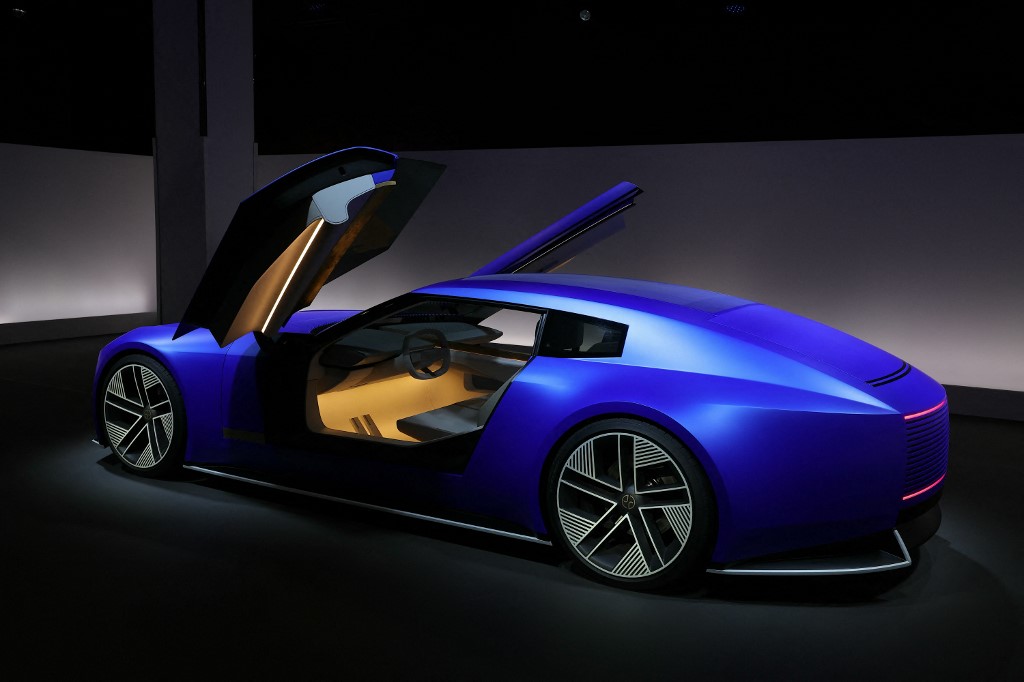
Parent company JLR remains financially stable thanks to strong Land Rover sales and record profits in 2025, giving it room to take risks. Executives acknowledge the gamble: if customers embrace the new EVs, Jaguar could stage a rare comeback; if not, the slump could become permanent.
For now, Jaguar sits in limbo, a legendary name with almost no cars to sell, a controversial rebrand behind it, and a high-stakes relaunch ahead. The next 12 months will decide whether its pause leads to a revival or a full stop.
Cars
Hill Climb for Toyota

Toyota Motor Philippines has started work on a new dealership in Antipolo City, adding another service hub for customers east of Metro Manila. The project is being developed with Toyota Taytay, Rizal Inc. and is set to strengthen Toyota’s footprint in one of the country’s fastest growing cities.

The upcoming Toyota Antipolo, Rizal facility will rise along L. Sumulong Memorial Circle in Barangay San Jose. Designed as a full-service dealership, it aims to give local motorists easier access to sales and aftersales support without the long drive into Metro Manila.
Once completed, the dealership will cover a total floor area of 12,160 square meters across three floors and a mezzanine. It will feature a modern showroom that can display up to seven vehicles and a service area with 37 bays. Customers can expect express maintenance, periodic servicing, body and paint work, and general repairs under one roof.
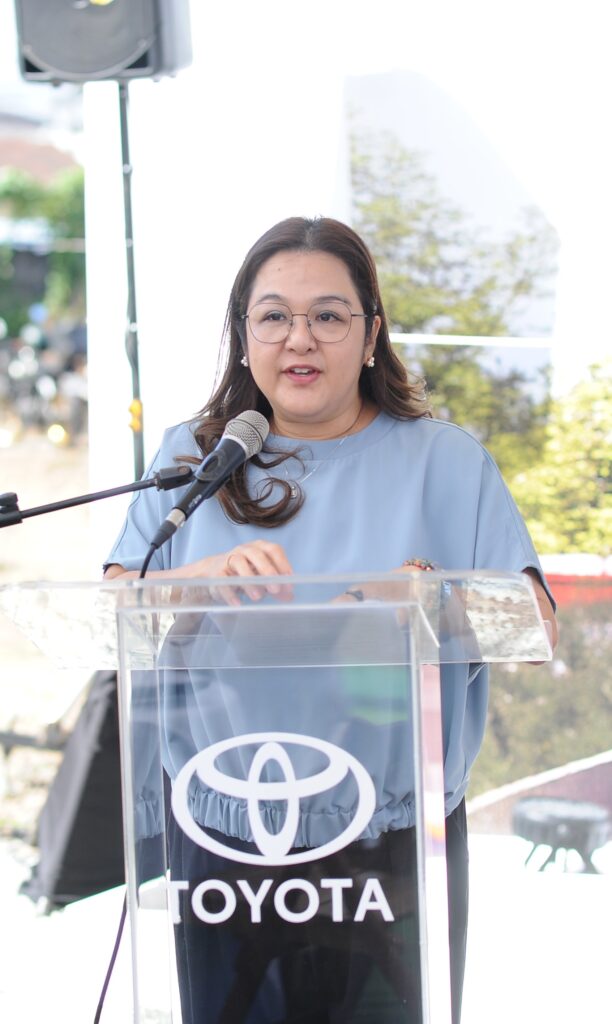
Toyota Motor Philippines president Masando Hashimoto said the Antipolo site has long been part of the company’s hopes for network expansion. He shared that the new dealership will help Toyota serve customers in Rizal with greater convenience as the area continues to grow.
Toyota Antipolo, Rizal president Zellyn Lim Diaz highlighted the local impact of the project. She said the dealership will create jobs during construction and provide long-term employment once operations begin, while also supporting skills development and stable livelihoods for families in the area.
Antipolo City has seen steady growth driven by retail, real estate, tourism, and small businesses. Its close link to Metro Manila through major roads like Marcos Highway and Ortigas Avenue Extension has made mobility support an essential part of daily life. Toyota’s latest expansion places its services closer to motorists who rely on these routes every day.
EV
Plugged In and Rolling

ACMobility is heading into 2026 to make electric vehicle charging easier, faster, and more reliable for everyday Filipino driving. After a year of steady expansion, Ayala’s mobility arm says its focus remains simple. Build charging solutions that work in real life, not just on paper.

Over the past year, the company doubled down on its “Charge Anywhere, Drive Anywhere” direction. The idea covers every scenario an EV driver might face, from charging safely at home, plugging in at public hubs, calling for mobile charging when there is no station nearby, or managing everything through one app.
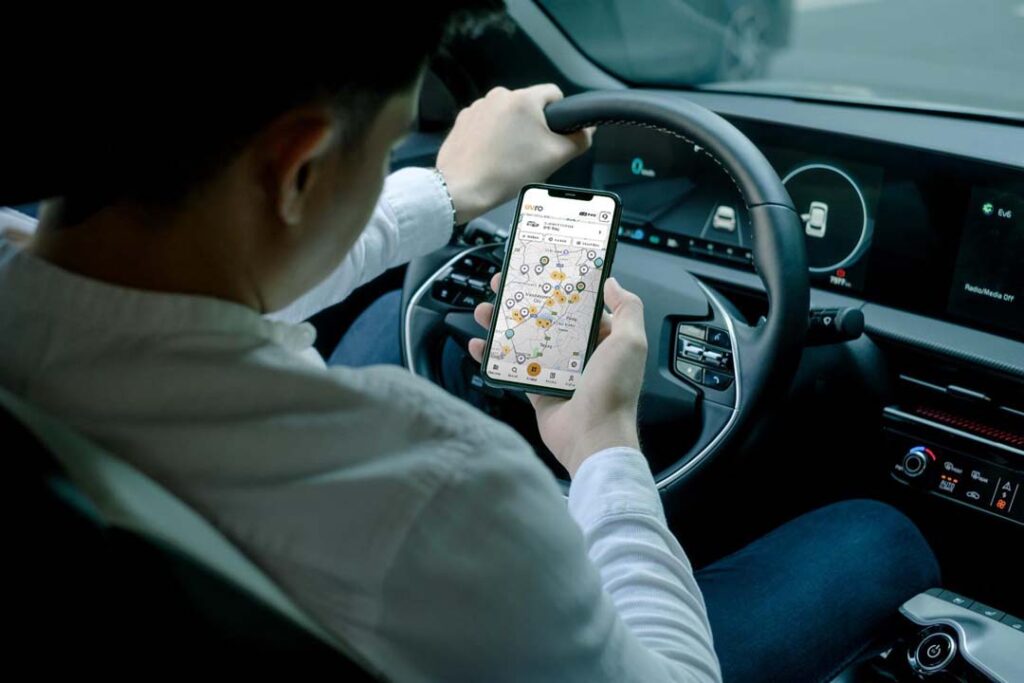
At home, ACMobility continues to roll out charger installations through Greenstrum. On the road, its growing network of EV Charging Hubs now stretches across key routes nationwide. For drivers who need power wherever they are, Power-on-Wheels brings charging directly to them. The entire system is tied together by Evro, the group’s e-mobility app partner.

Mobile charging goes city-wide
One of the biggest developments in 2025 was the expansion of Power-on-Wheels, ACMobility’s mobile EV charging service. What started in parts of Makati, Mandaluyong, and Taguig now covers the entire National Capital Region, including Pateros.
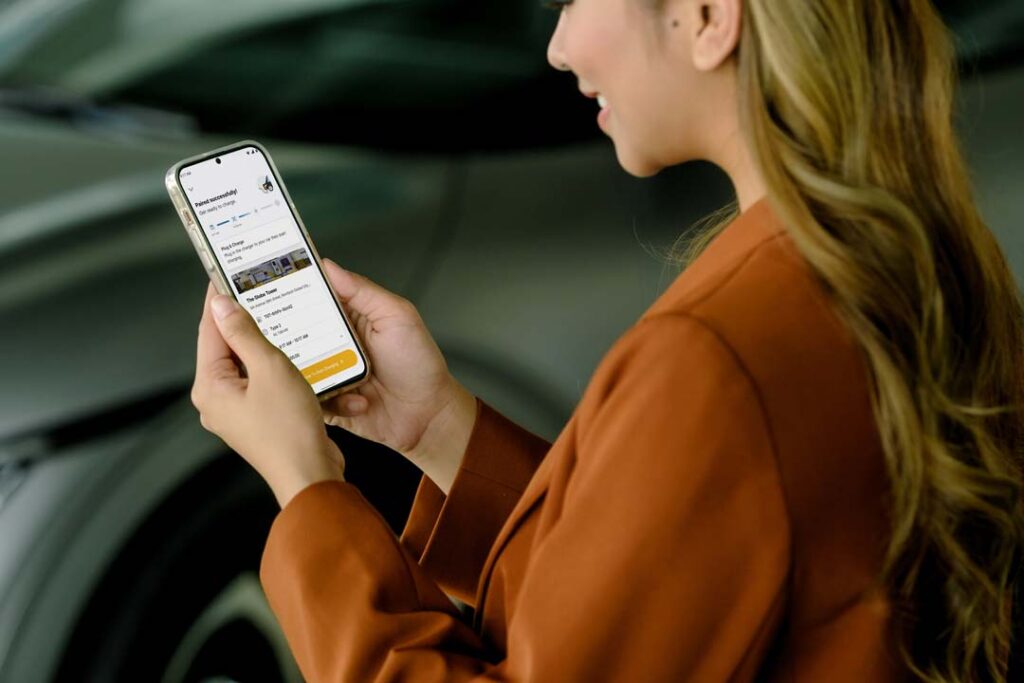
The mobile units are equipped with 120kW DC fast chargers that support CCS2 and GB/T plugs, allowing both battery electric vehicles and select plug-in hybrids to charge quickly. In some cases, drivers can gain up to 30 percent charge in as little as 10 minutes.

Power-on-Wheels also added Emergency Charging Assistance. This service supports EVs with very low battery levels by providing on-site charging of up to 20 percent, along with 12-volt battery boosting when needed. Requests can be made through a dedicated hotline, with trained technicians deployed across Metro Manila.
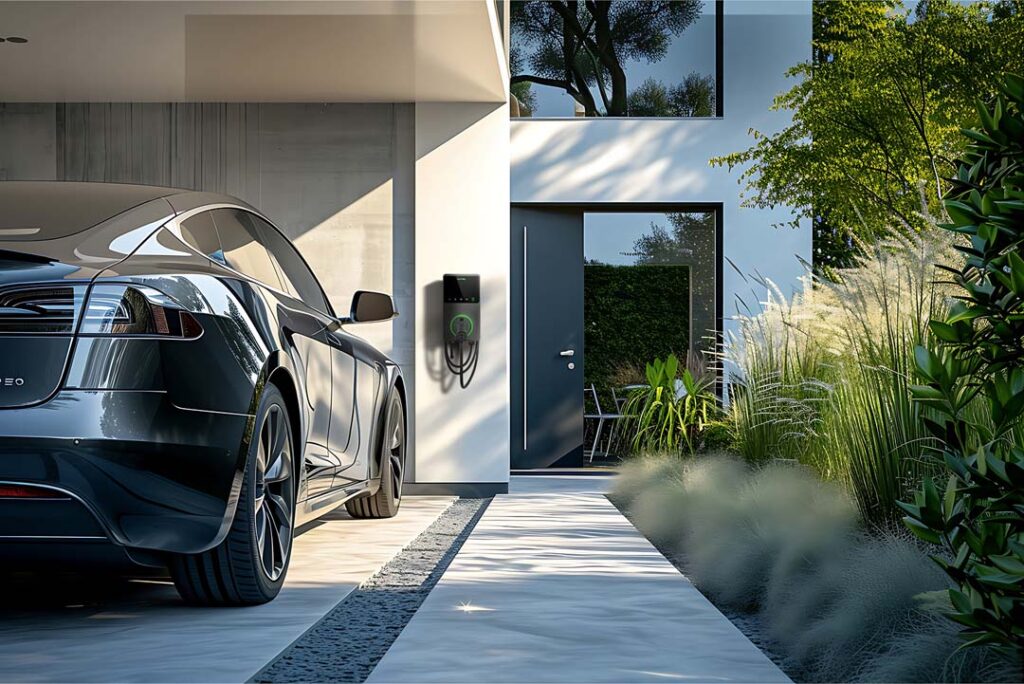
Smarter charging through the app
Charging access also became easier digitally. In 2025, Evro recorded strong growth, adding around 33,000 new registrations and reaching more than 18,000 monthly active users.
The app now features a Station Finder that maps more than 340 Department of Energy registered charging locations nationwide. A MyCharge Planner helps drivers estimate how much charging they need based on their vehicle and target battery level. Payment options have also expanded, with GCash integration and in-app charge vouchers giving users more flexibility.
ACMobility says platform reliability and clearer station visibility will remain priorities as the charging network continues to grow in 2026.
Building the Philippine EV Spine
Beyond the cities, ACMobility continues to push forward with its Philippine EV Spine project. The initiative aims to place charging infrastructure along major routes across Luzon, Visayas, and Mindanao, making long-distance EV travel more practical.
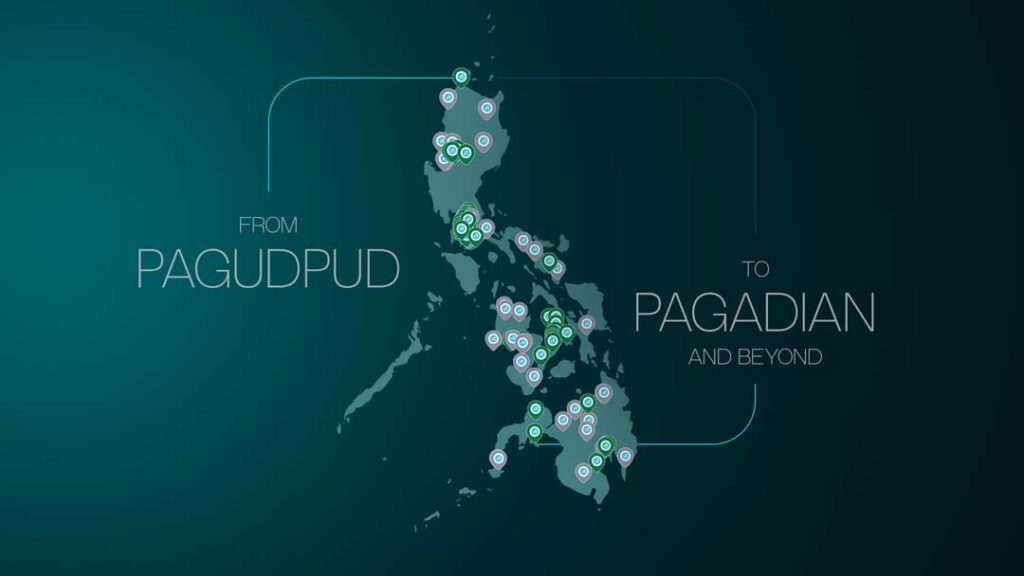
By working with fuel stations, destinations, and transport hubs, the company is gradually filling in charging gaps outside Metro Manila. According to ACMobility, this nationwide approach is key to making EV ownership more realistic for more Filipinos.
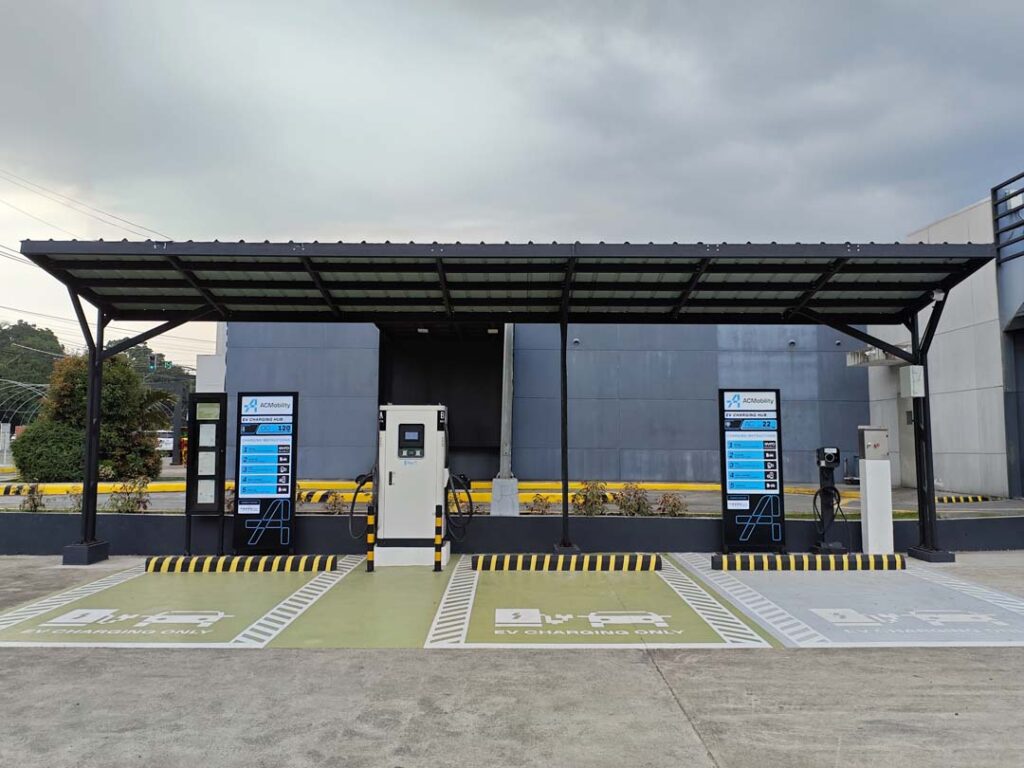
“For electric mobility to work at scale, charging has to be reliable wherever drivers go,” said Carla Buencamino, Head of Mobility Infrastructure at ACMobility. She said the company’s 2026 plans continue to focus on reliability, emergency support, and everyday usability for EV drivers across the country.
Industry News
Shift the Future
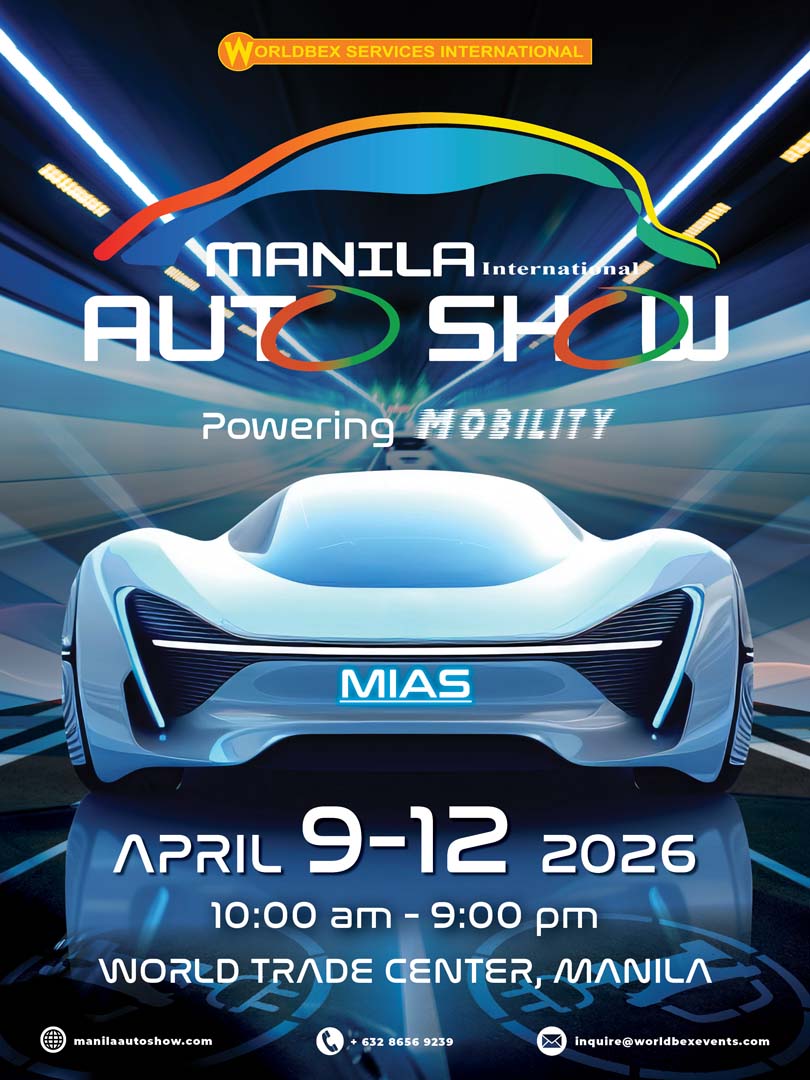
The Manila International Auto Show returns from April 9 to 12, 2026, as Worldbex Services International confirms the next edition of the country’s biggest automotive event at the World Trade Center Metro Manila. Now entering its 21st year, MIAS carries the theme “Powering Mobility” as it continues to anchor conversations around innovation, performance, and the direction of the automotive industry.
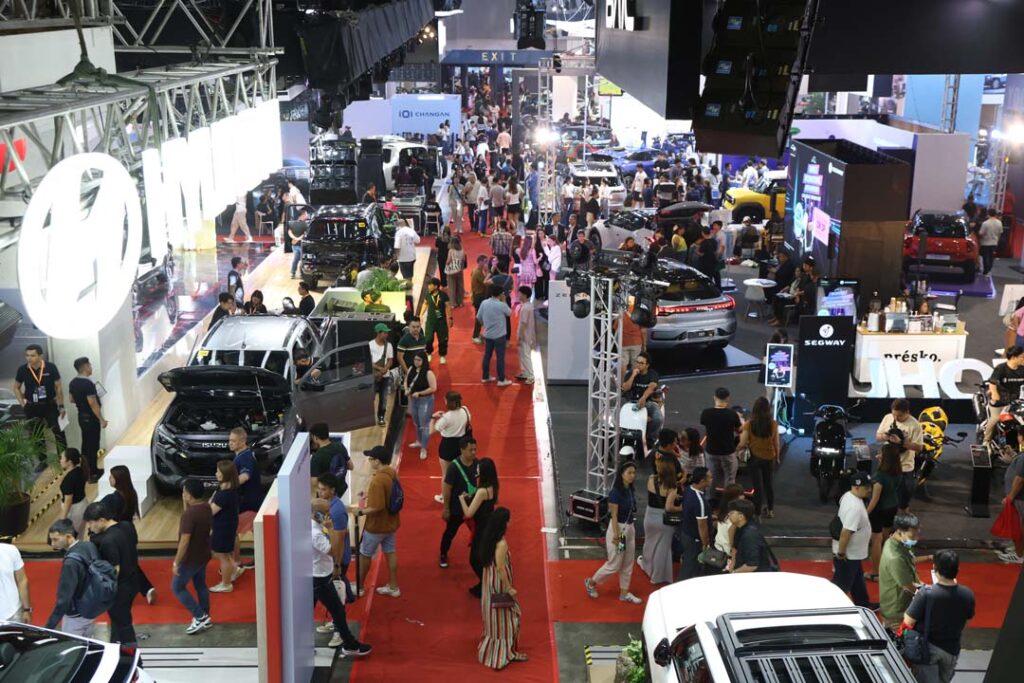
Organizers said MIAS 2026 builds on the momentum of last year’s milestone event, which marked the show’s 20th anniversary and drew more than 170,900 visitors. The 2025 edition featured over 145 exhibitors across 33,000 square meters of exhibit space, with more than 310 cars, trucks, and motorcycles on display. WSI said the upcoming show aims to raise the bar further with a larger platform and expanded showcases for both industry players and enthusiasts.
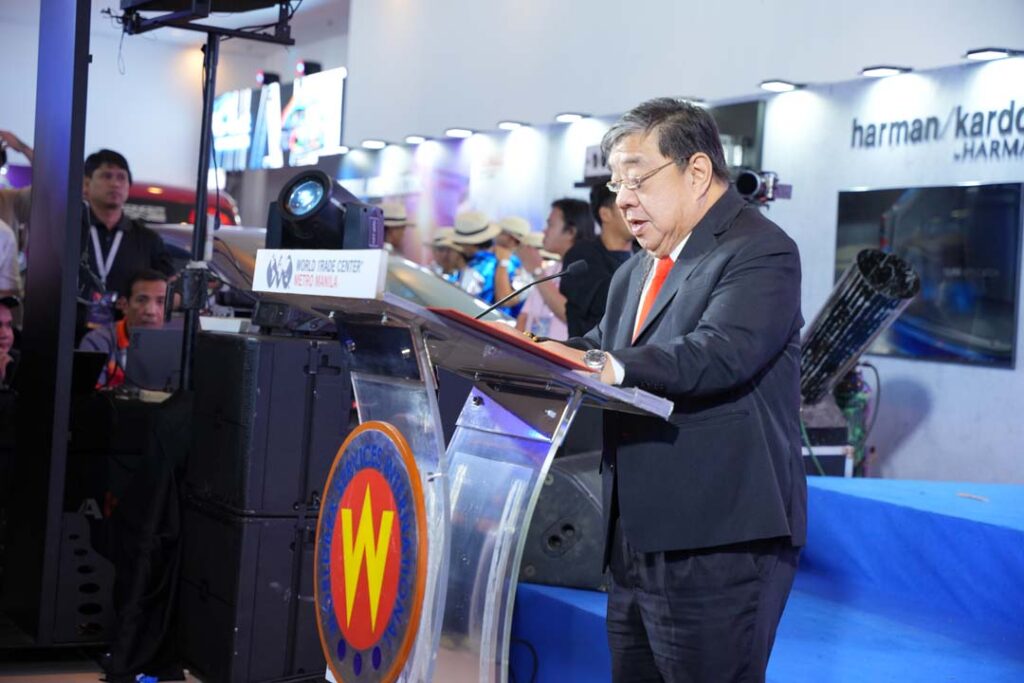
At the center of MIAS 2026 is the Mobility Marathon, a series of scheduled vehicle launches where participating brands will unveil new models and technologies to the public. These launches will be supported by the Test Drive Avenue, allowing visitors to experience selected vehicles on site.
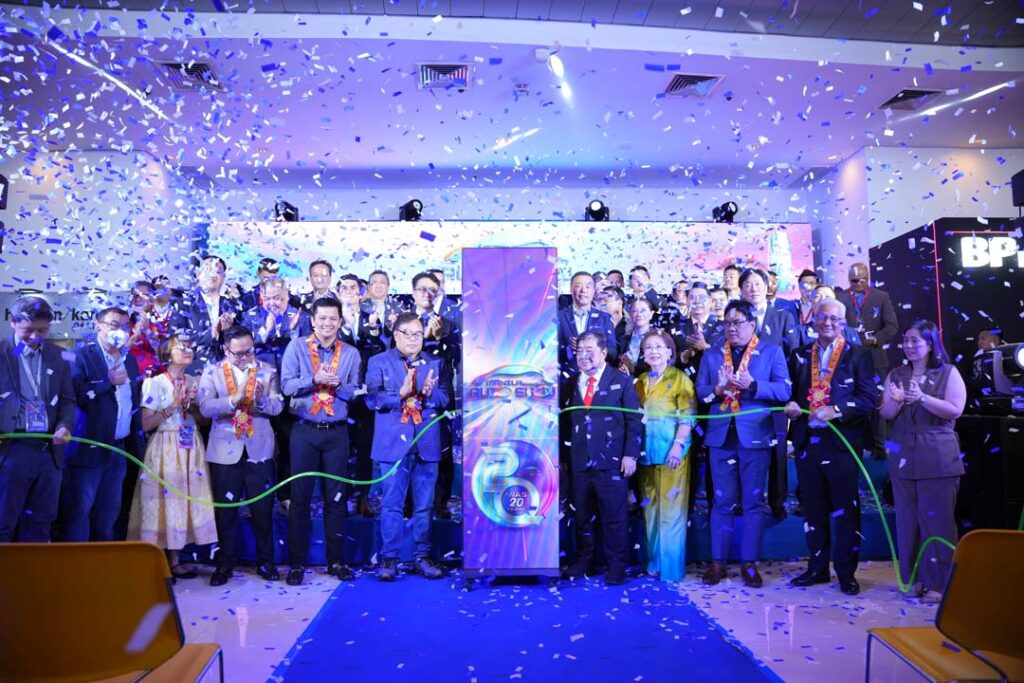
Other key attractions are set to return, including the Truck Zone, which features commercial vehicles of varying sizes, and the Die-Cast Car Collection, which highlights rare and collectible scale models. The Car Club Display will also bring together automotive groups from around the country, showcasing privately owned vehicles ranging from restored classics to modern builds.
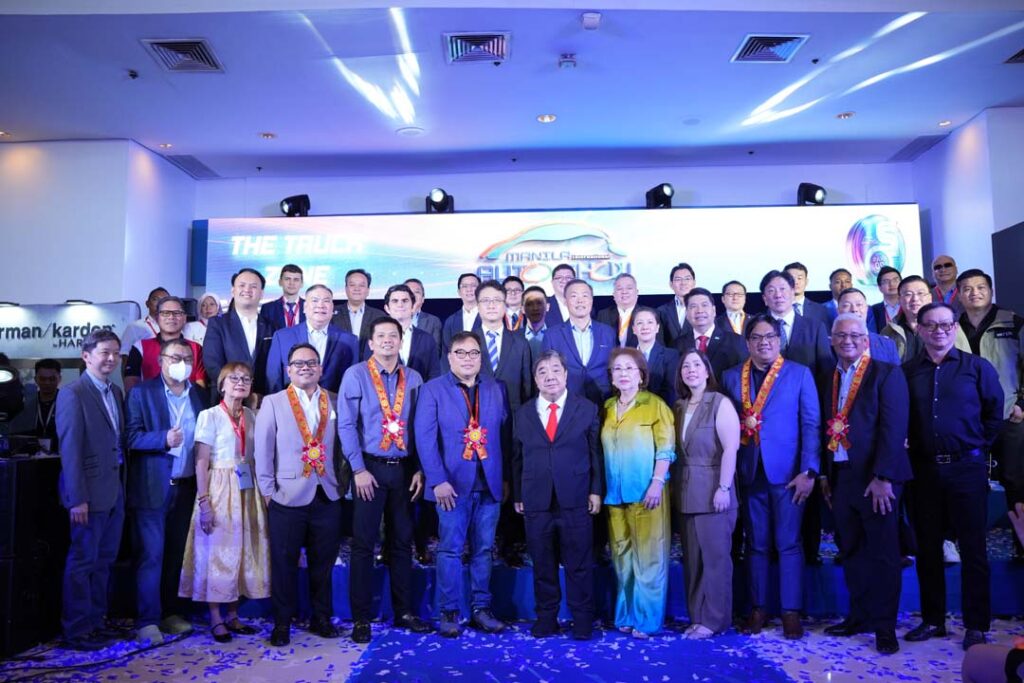
Signature events remain part of the program. The MIAS Petron Custom and Classic Car Competition will once again recognize standout customized and classic vehicles across multiple categories. The Ms. MIAS pageant also returns, featuring representatives from participating automotive brands.
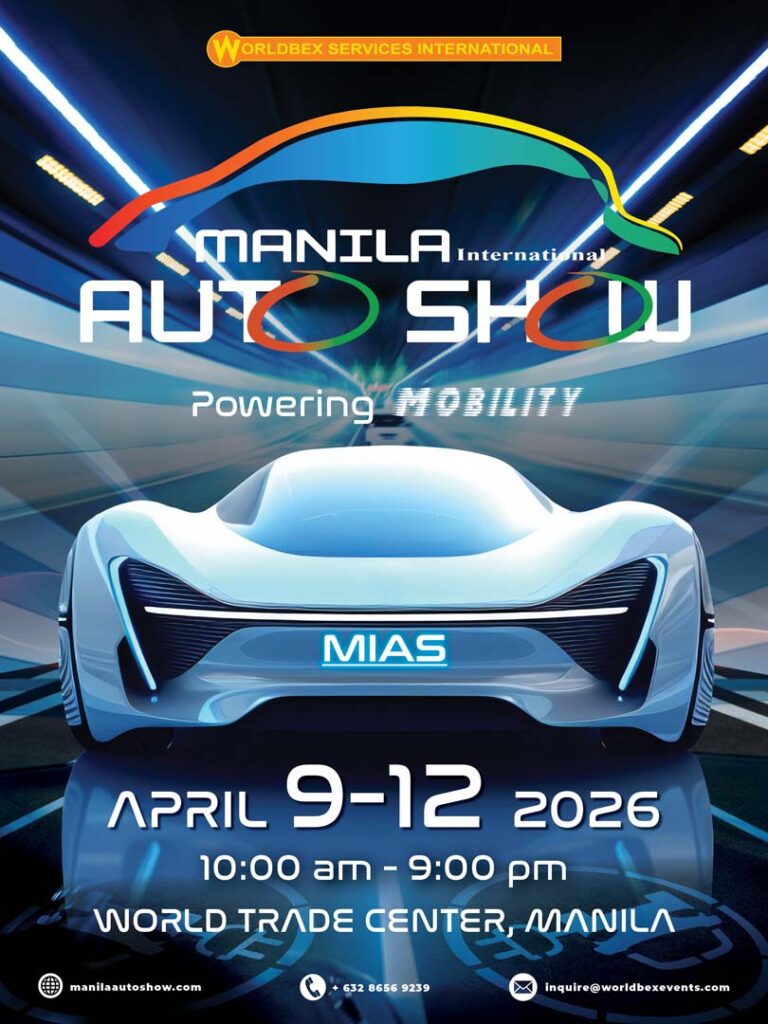
WSI said MIAS continues to position itself as a platform that connects manufacturers, suppliers, and the public while reflecting the industry’s ongoing shift toward new mobility solutions. MIAS 2026 runs from 10 a.m. to 9 p.m. daily and is organized for the benefit of the ABS-CBN Foundation Inc.




